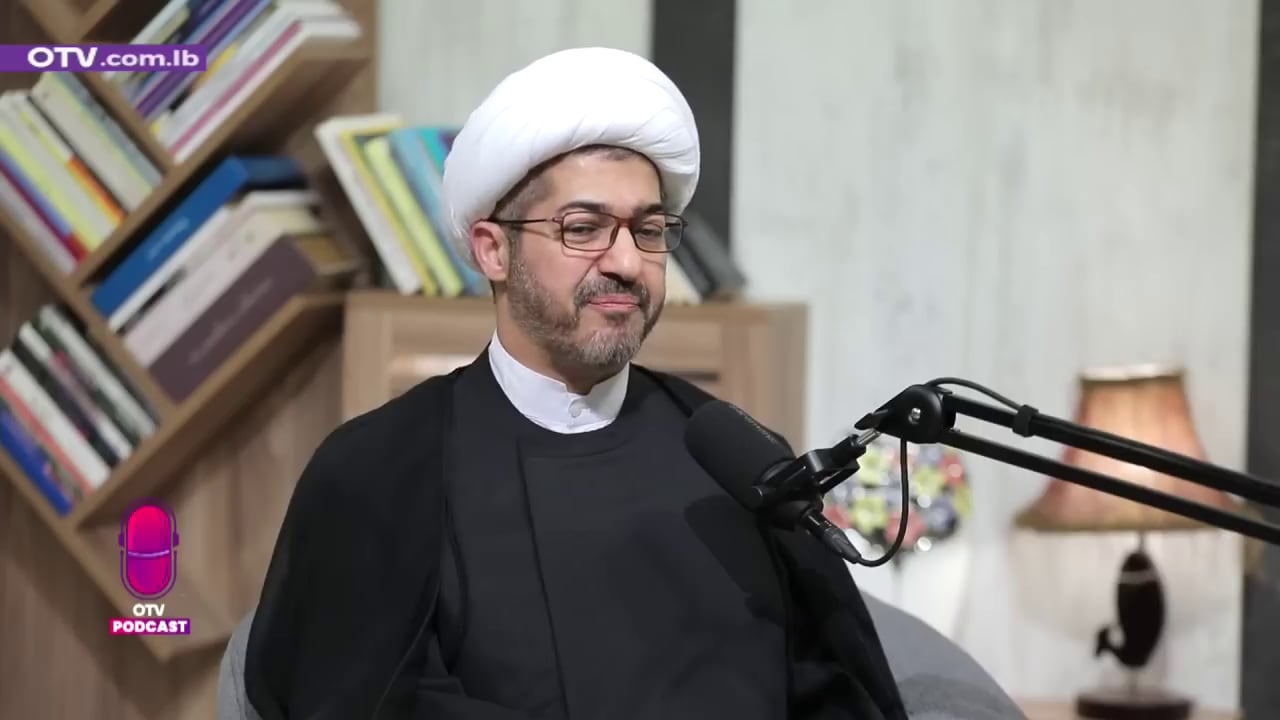
At a December 14, 2020 press conference that aired on IRINN TV (Iran), French AFP journalist Amir Havasi asked Iranian President Hassan Rouhani if the recent execution of Iranian journalist Rouhollah Zam despite European opposition might prove counterproductive in promoting diplomatic relations and salvaging the JCPOA. President Rouhani answered that the execution took place within the framework of Iran’s legal system, which he said does not take into consideration whether this decision pleases or displeases certain groups. He added that Iran views Europe’s expressions of sympathy for Zam as intervention in Iran’s internal affairs, and he stated that the execution is unlikely to affect relations between Iran Europe and. He added that Iran is also sensitive towards certain actions by the French government, referring to recent crackdown on Islamism in France, as well as events surrounding the publication of the Charlie Hebdo cartoons and murder of schoolteacher Samuel Paty. Rouhollah Zam was an Iranian journalist, who had founded the AmadNews Telegram channel. He was sentenced to death for the role he played in anti-government protests in 2017-2018. Zam, who had been exiled in France, was lured to by the Iranian authorities to travel to Iraq where he was abducted by Iran's security services. He was executed by hanging on December 12, 2020.
Amir Havasi: "Hello, Mr. Rouhani. Greetings. I will ask my questions in English. The European states have constantly criticized Iran on the use of the death penalty, and the recent execution of (exiled Iranian journalist) Rouhollah Zam has raised tensions between the E3 and the Islamic Republic, by even leading to the cancelation of a business summit in Iran. Your government, at the same time, has repeatedly expressed its dissatisfaction at the Europeans, saying that they have failed to meet their JCPOA commitments. Aren't you concerned that the recent execution can somewhat prove counterproductive and hurt the diplomatic efforts that you say you want to push in order to salvage the nuclear deal?"
[...]
Hassan Rouhani: "The Islamic Republic of Iran has a judicial branch that is independent, and its courts issue verdicts. Whether those verdicts please one group or displease another group is not something that we take into consideration. Maybe that would not be good for the resume of Mr. Zam, who was executed. In this country, the law allows for the death penalty. This appears in our laws. People are executed. We do not view positively all this sensitive that is being expressed towards one person – we consider this as intervention in our domestic matters. [France] says that [Mr. Zam] had served their interests – when that much sensitivity is expressed, that's how it can be interpreted. It does not benefit them or anybody else. We, too, are sensitive with regard to certain European issues, and we express our opinions. Things happen, in France, that we are sensitive about, and we express our opinion. If something happens in Germany, perhaps we would express our opinions. We, too, are dissatisfied with certain actions taken by the European regimes. So we all need to act according to the obligations defined by our rights – this person's execution wasn't carried out without a court's verdict. A court handled the case, and it issued a verdict. What does [France] have a problem with? The verdict? The judiciary? They are free to express their opinion, and we will act according to our legal framework. I think it is unlikely for this issue to affect relations between Iran and Europe."













